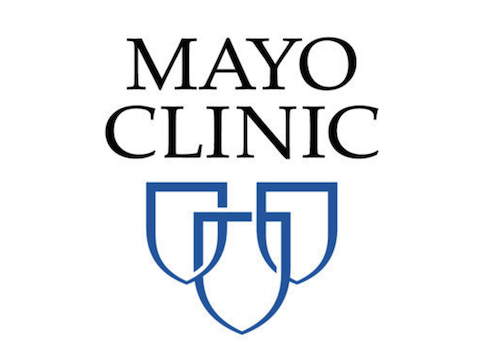
July 19, 2024- Researchers at Mayo Clinic have established new criteria for a memory-loss syndrome in older adults that specifically impacts the brain’s limbic system. It can often be mistaken for Alzheimer’s disease. The good news: Limbic-predominant Amnestic Neurodegenerative Syndrome, or LANS, progresses more slowly and has a better prognosis, and is now more clearly defined for doctors working to find answers for memory loss patients.
Prior to the researchers developing clinical criteria published in the journal Brain Communications, the hallmarks of the syndrome could be confirmed only by examining brain tissue after a person’s death. The proposed criteria provide a framework for neurologists and other experts to classify the condition in patients living with symptoms, offering a more precise diagnosis and potential treatments. They consider factors such as age, severity of memory impairment, brain scans, and biomarkers indicating the deposits of specific proteins in the brain.
The criteria were developed and validated using data from more than 200 participants in databases for the Mayo Clinic Alzheimer’s Disease Research Center, the Mayo Clinic Study of Aging and the Alzheimer’s Disease Neuroimaging Initiative.
